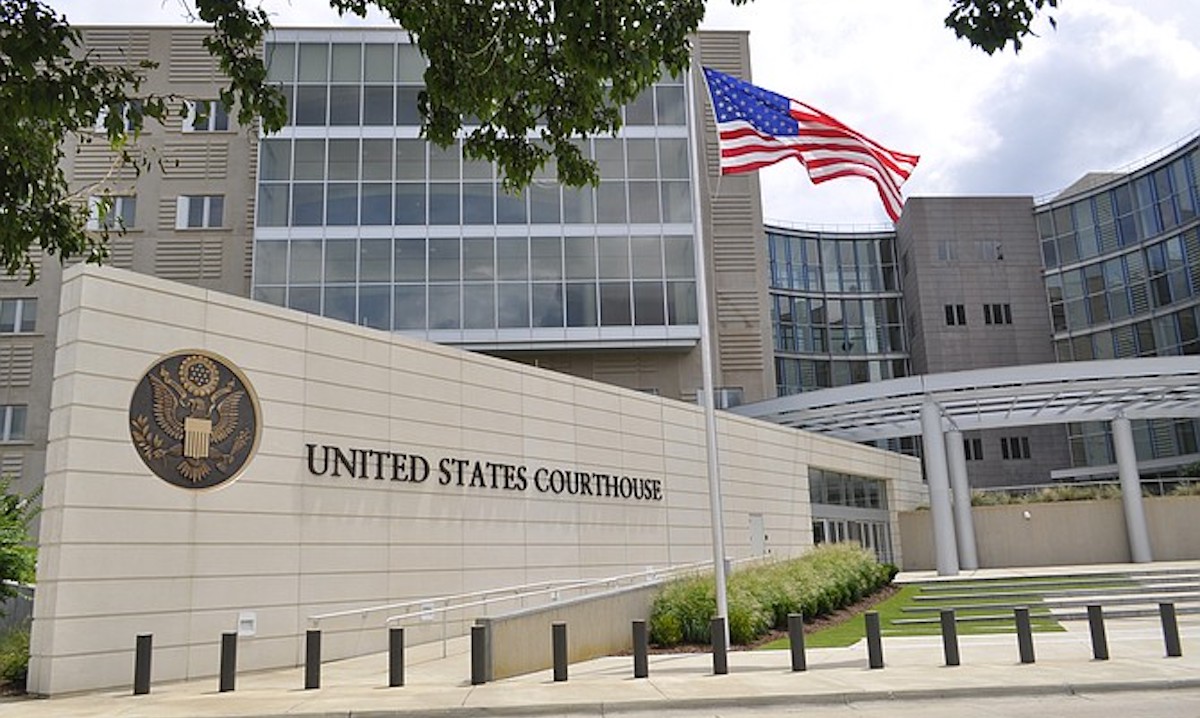- Transcript of the Status Conference
- The State of Mississippi’s Objection to Dr. Hogan’s request to speak to more people
- The United States’ Response to Mississippi’s Objection (includes a suggested modified order for the Special Master’s duties for the Judge to consider)
- The State of Mississippi’s Motion to Strike the United States’ Response to Mississippi’s Objection
- The State of Mississippi’s Support for its Motion to Strike
- The State of Mississippi’s Motion for Leave to File Rebuttal Memorandum
TEXT-ONLY ORDER granting in part 248 Motion to Strike, to the extent that the United States’ new proposed Order will not be considered; denying 250 Motion for Leave to File Rebuttal. The Court notes that the Order of Appointment is subject to modification, with notice to and an opportunity to be heard by the parties, if the current Order inhibits or frustrates the Special Master’s ability to perform the tasks he has been assigned.
We urge all of you to thoughtfully consider several longstanding reform issues that the status conference highlighted, including these:
- Transparency: Judge Reeves recognizes this case has some public relevance and wants to make sure the public is “always involved.” (p. 7, lines 17-19)
- Broad Stakeholder Engagement: Dr. Hogan describes the importance of engaging with people “on the ground in Mississippi to try to understand better how things work and to explore from their perspective solutions to the case.” (p. 10, lines 1-3)
- Coordination between the Hospitals and the Community System: Dr. Hogan states, “I would like to understand more about how the hospitals and the community mental health centers actually work,” (p. 11, lines 3-5) and “I would want to talk to some community mental health center people, and not a lot of them, not necessarily in every center, but enough to know how things work.” (p. 25, line 25 and p. 26, lines 1 – 3).
- Overarching Infrastructure to Integrate the Mental Health System Dr. Hogan shares: “… the state funds mental health services both through Department of Mental Health grants and through Medicaid. These are very different mechanisms and suffice it to say they — it appears that they may not work that well together,” and “…the state has in effect hired managed care organizations to manage the Medicaid program, and it’s not clear how they work in relation to what’s at issue in this…” (p.25, lines 13-17 and lines 21-23) and “I haven’t seen, for example — maybe there’s something in the voluminous record that I’ve missed. But I haven’t seen budgets or annual reports from the mental health centers, so I see there’s a lot of information about ‘X-grant’ works, and there’s some information about how this Medicaid program works. But I don’t know how those things work together.” (p. 26, lines 3 – 9).
- The Importance of Lived Experience: On page 26, Dr. Hogan describes his lived experience as a family member (lines 12 -17) and then states, “And neither party has the whole truth, and I guess based on that, I think it would be very helpful to talk to a limited number of advocates who would have their own view of how things work and what works and what doesn’t and what might help shape a remedial order that would be effective when implemented.” (lines 17 – 22).
A discussion about the relationship among COVID, institutionalization, and civil rights begins on page 29.
If you would like to contact either party about the status conference or related documents:
The United States Department of Justice, Civil Rights Division:
– Patrick Holkins, Attorney for the United States, Patrick.Holkins@usdoj.gov
– Sarah Malks, Community Engagement, Sarah.Malks@usdoj.gov
The number for the Civil Rights Division of the US Department of Justice is 202-514-4609 (TTY – 202- 514-0716).
The State of Mississippi, Attorney General’s Office:
– Harold Pizzetta, Attorney for the State of Mississippi, hpizz@ago.state.ms.us.
The number for the Mississippi Attorney General’s office is 601-359-3680.
Additional background information about this case can be found at this link.


Pingback: Celebrating the Legacy of the Americans with Disabilities Act and the Olmstead Decision
Pingback: Update on US vs Mississippi Mental Health Lawsuit - Families as Allies
Pingback: October 2 Status Conference Transcript: US vs. Mississippi - Families as Allies